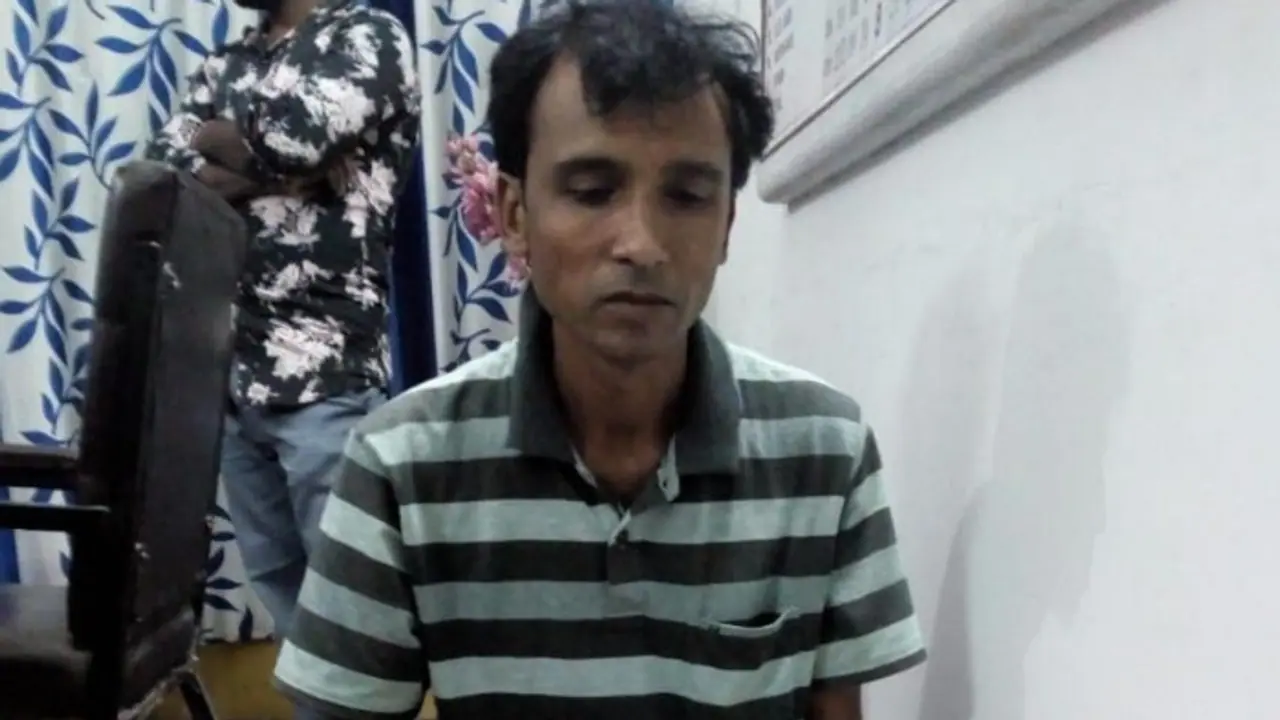The recent arrest of scientist Nishant Aggarwal, who worked at the missile research centre of BrahMos Aerospace in Nagpur, has shown how the country's security establishment is vulnerable to such espionage
New Delhi: Dubbed as the fastest cruise missile in the world, BrahMos is a medium-range ramjet supersonic cruise missile that can be launched from a submarine, ships, aircraft, or land.
The recent arrest of scientist Nishant Aggarwal, who worked at the missile research centre of BrahMos Aerospace in Nagpur, has shown how the country's security establishment is vulnerable to such espionage.
The BrahMos supersonic cruise missile is a successful joint venture between India and Russia, which has significantly evolved over the years and has elicited keen interest in global military circles as it is critical to Indian Air Force (IAF).
After Aggarwal, one Rafikul Islam was arrested from Bengal's Alipurduar district with very sensitive Brahmos documents. Sources said Islam, who is a resident of Madirhat area, trying to escape to Bhutan with a kit full of documents.

Police said a highly confidential kit was recovered from Islam which had documents signed by Agrawal.
Police added that the secret documents were stolen from DRDO office in Balasore.

Aggarwal was arrested on Monday in a joint operation by the ATS units of Uttar Pradesh and Maharashtra police at BrahMos' Wardha Road facility in Nagpur, for allegedly leaking "technical information" to Pakistan. Aggarwal was under surveillance by Military Intelligence, UP-ATS, and Maharashtra Police. Aggarwal was booked under the Official Secrets Act.
The UP ATS told the court on Tuesday that Aggarwal was in contact with two Facebook accounts, operated under the names 'Neha Sharma' and 'Pooja Ranjan', by suspected Pakistani intelligence operatives.
Aggarwal was working in the technical department of BrahMos aerospace for the past four years. He was heading a team of 40 system engineers, technical supervisors, and technicians and had access to many crucial details.
BrahMos impact
BrahMos Aerospace, which develops the missiles, has established a robust Missile Industrial Consortium (MIC) which has grown manifold over the years and is a major boost to NDA’s “Make-In-India” drive.
